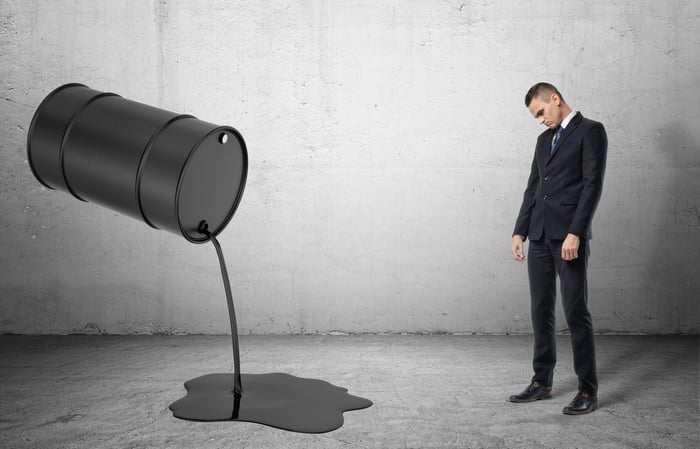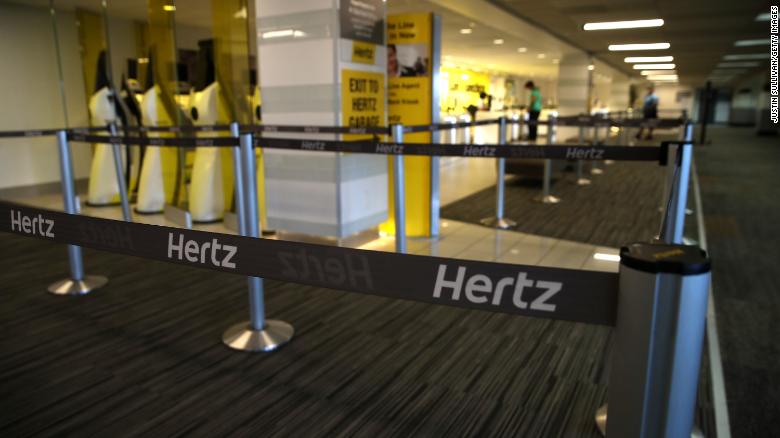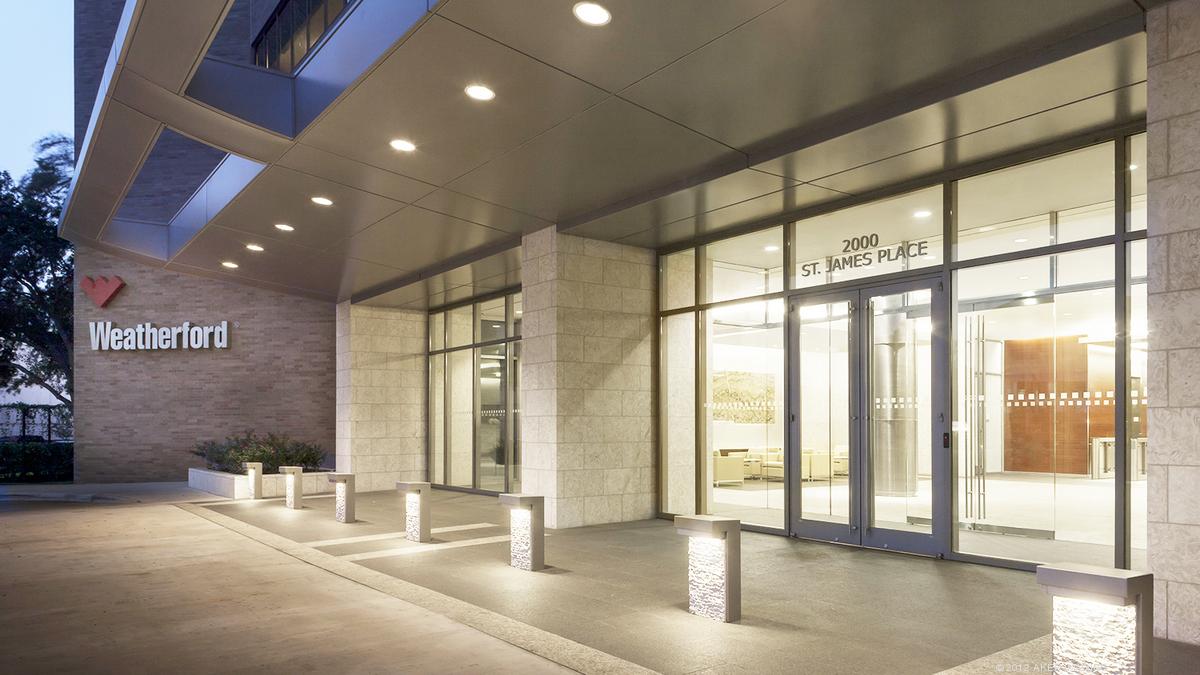In bankruptcy a preference payment is defined as a payment that puts the creditor who received it in a better position than it would have been under a bankruptcy case if the payment had not been made.
Current floor for preferences in bankruptcy.
For additional information on perfection of security interests and the usage of other credit enhancements please see the other articles in this publications section.
Section 547 c 9 preferences trustee may not avoid a transfer if in a case filed by a debtor whose debts are not primarily consumer debts the aggregate value of property is less than.
Record bankruptcy filings by businesses in the last five years have led to a resurgence in letters and lawsuits from bankruptcy trustees demanding repayment of certain transfers made by now bankrupt companies.
If the transfer was made prior to that time except for a few situations related to fraud or insiders of the debtor it is not likely to be considered a preference payment.
Any company doing business today must confront the reality of preference claims whether one.
Avoidable preference cases are factually complex.
Preference payments are most common in consumer chapter 7 bankruptcy cases where most unsecured creditors receive.
Preference actions are a natural part of bankruptcy law but with knowledge the right circumstances and experienced counsel a creditor can often avoid having to return the payments.
A creditor with a security interest in a floating mass such as inventory or accounts receivable is subject to preference attack to the extent he improves his position during the 90 day period before bankruptcy.
Your local and licensed bankruptcy attorney can help you identify these defenses.
A preference is a payment you make to a creditor before you file bankruptcy that your trustee may make the creditor pay back to the trustee.
The criteria provided by the bankruptcy code for what may be avoided by the trustee as a preference is simple.
While the debtor was insolvent to qualify as a preference the payment must also be made while the debtor was.
Bankruptcy in order for the payment to be a preference.
The test is a two point test and requires determination of the secured creditor s position 90 days before the petition and on the.
There are a host of other defenses to preferences as well.
Preference law allows a bankruptcy trustee to require a creditor that you paid during a certain period of time before you file bankruptcy under certain conditions to.
Avoidable preference cases are factually complex.
Many factors affect whether a trustee decides to pursue a preference claim or preference litigation in a bankruptcy case.
Section 707 b dismissal of a chapter 7 case or conversion to chapter 11 or 13 means test 1 in paragraph 2 a i i 7 700.
If the preference cannot be avoided by a chapter 7 trustee it does not get added to the hurdle debtor must jump in a chapter 13 bankruptcy under section 1325 a 4 of the code either.
If a creditor received a payment or other form of interest in property belonging to the debtor on a past due account within the 90 days prior to the filing of the bankruptcy petition.
What s a preference in bankruptcy.










